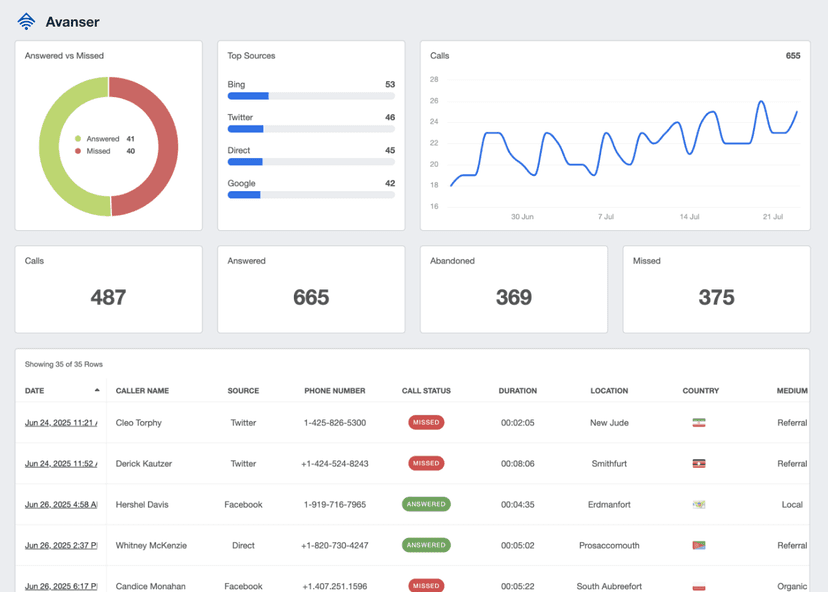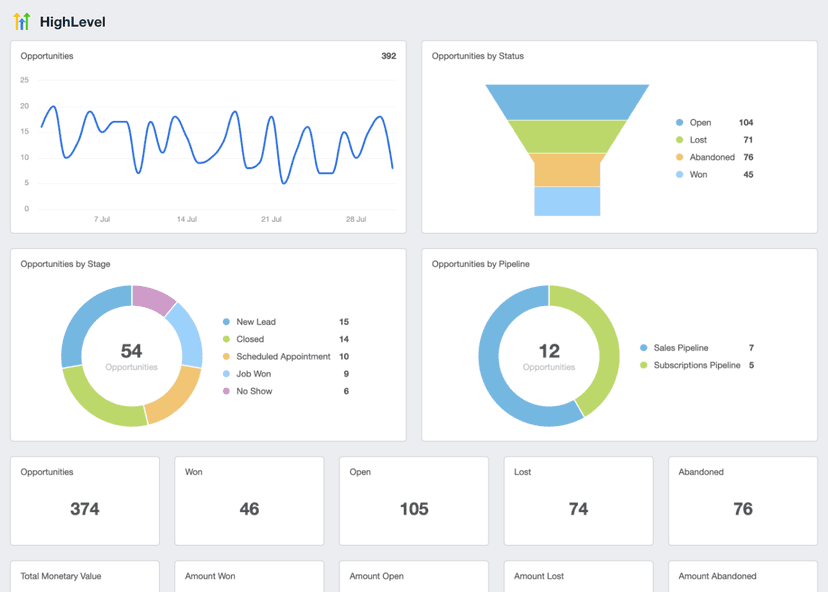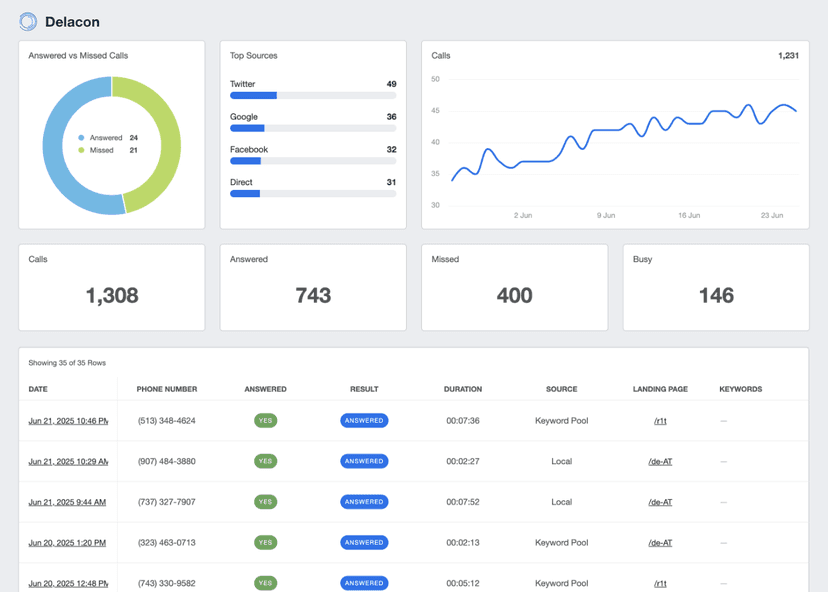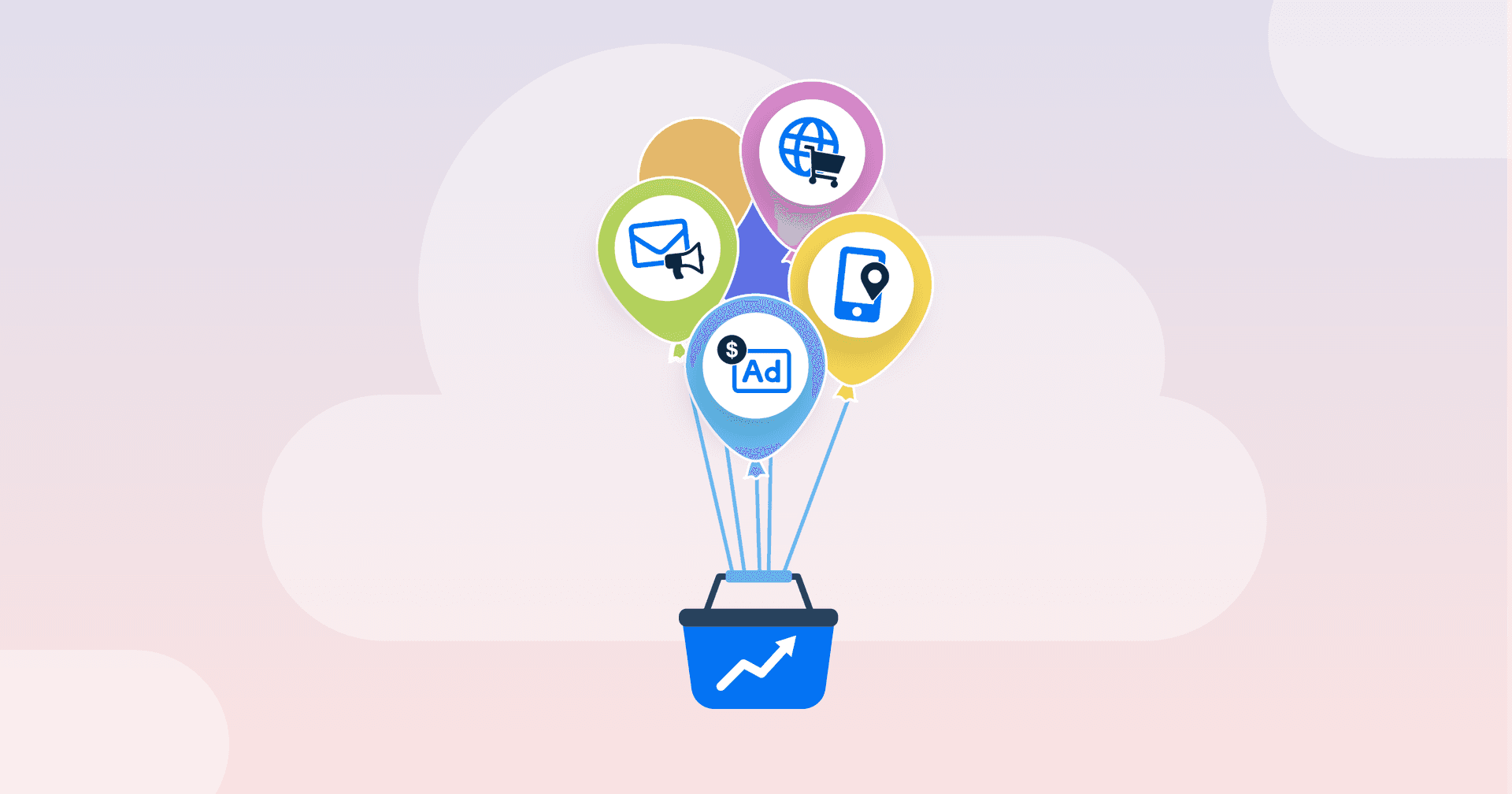Customer Service Response Time
Performance Insights
Track and improve customer engagement speed.
Feedback Loop
Use trends to inform future campaign strategies.
Benchmark Comparison
Assess competitiveness by comparing industry standards.
Client Showcase
Demonstrate ROI by highlighting response efficiency.
Why Response Time Is Important
Response Time is a key metric that directly impacts customer satisfaction and brand perception. Promptness is highly valued on online platforms, making this metric a barometer for a brand's commitment to customer engagement. A quick response nurtures positive customer relationships and enhances brand reliability and trustworthiness.
In competitive markets, maintaining a low Response Time has the potential to be a differentiator, setting a brand apart from its competitors. Aside from answering quickly, business owners aim to show customers that their concerns and queries are a top priority ensuring a base of satisfied customers. Overall, tracking and optimizing Response Time is fundamental for fostering customer loyalty and maintaining a strong, responsive brand image.
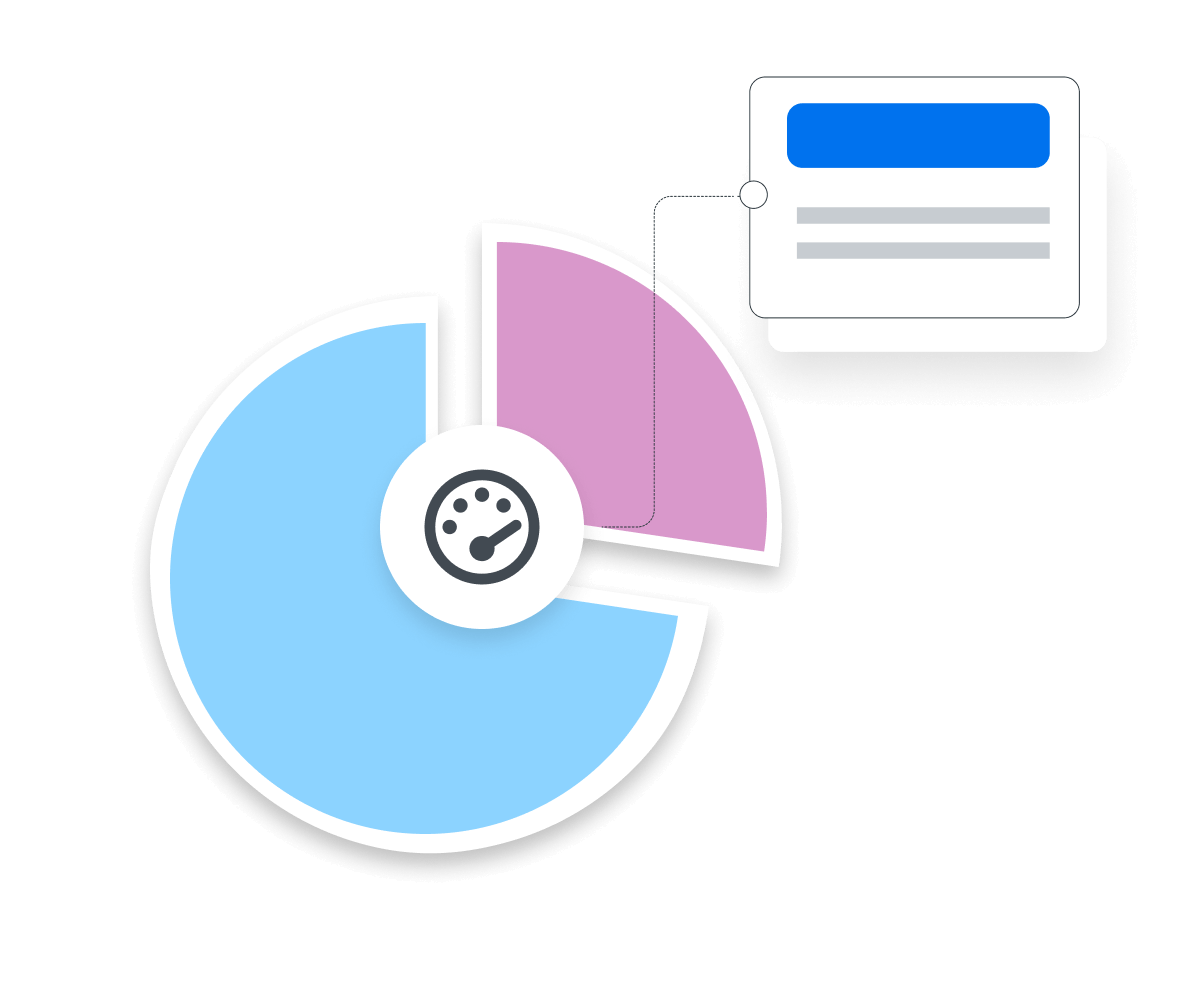
Stop Wasting Time on Manual Reports... Get Ecommerce Insights Faster With AgencyAnalytics
How Response Time Relates To Other KPIs
Response Time plays a pivotal role in a broader KPI framework, influencing and being influenced by various other metrics. For instance, it directly affects Customer Satisfaction Scores. Quick responses boost satisfaction levels, while delays may lead to dissatisfaction. Additionally, it correlates with Conversion Rates; timely interactions often lead to higher conversion as they keep potential customers engaged and interested.
Customer Service Response Time also interacts with social media engagement metrics. On platforms where rapid interaction is expected, like Instagram or Facebook, a shorter Response Time potentially leads to increased Likes, Shares, and Comments, enhancing overall brand visibility and reach.
Response Rate also impacts customer retention rates because consistent and prompt responses build a loyal customer base. By understanding these interconnections, marketers gain a holistic view of campaign effectiveness, guiding more informed and strategic decision-making.
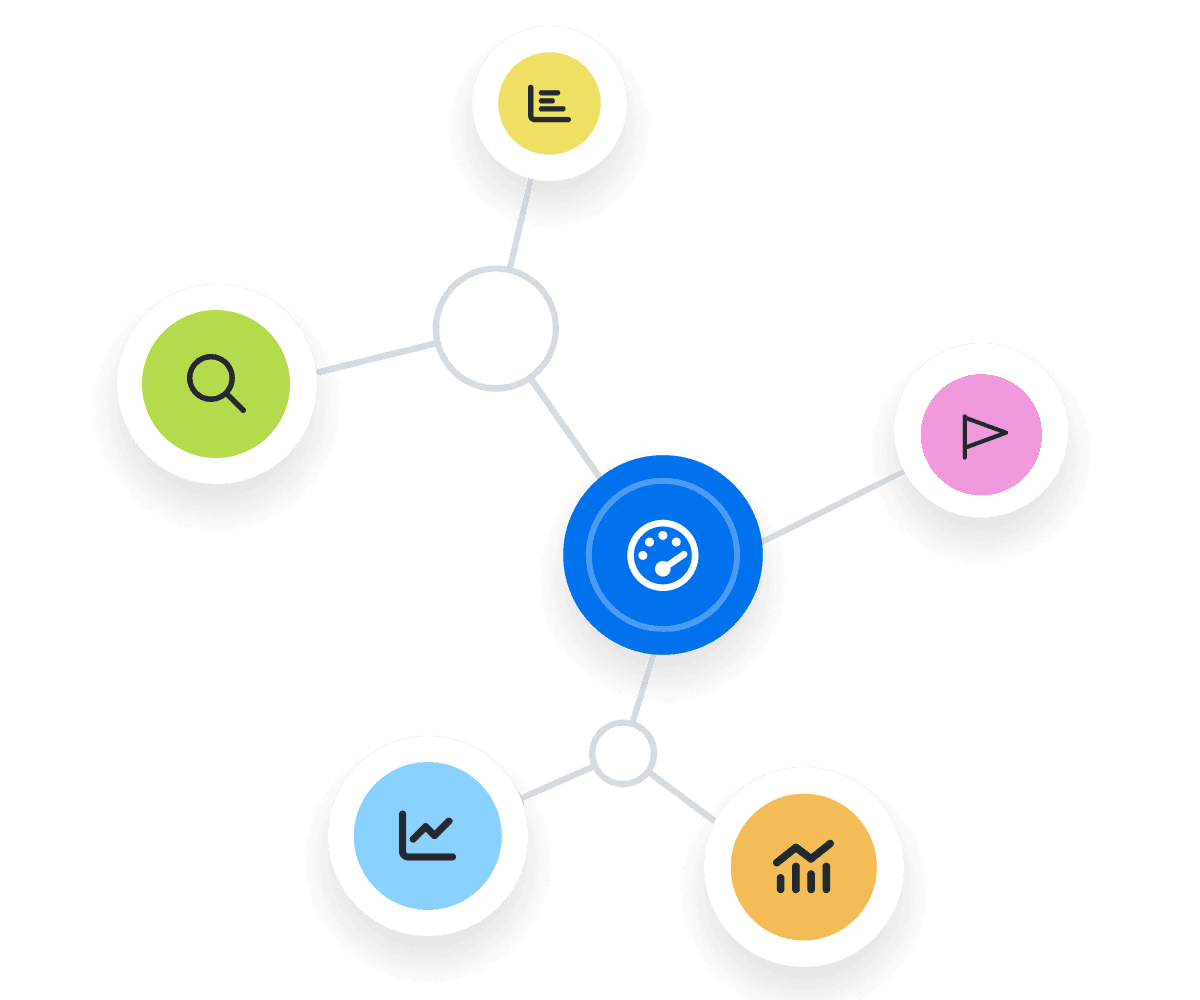
Impact of Key Factors on Customer Service Response Time
The efficiency of a customer service department is often measured by its response time to customer inquiries, and several factors directly impact this key performance indicator.
The first factor is the composition and skill level of the customer service team. A team with adequate staffing and high expertise tends to provide excellent customer service, characterized by short Response Times. In contrast, an under-resourced or less skilled team often leads to prolonged Response Times, indicative of poor customer service.
Customer service software and customer service response templates both play pivotal roles in Customer Service Response Times as well. High-quality software streamlines operations, accelerates access to customer data, and allows for automated responses to customer service interactions. This not only enhances the efficiency of the customer support team but also contributes to great customer service by reducing overall Response Times.
Optimizing both human and technological resources is vital for any digital marketing strategy aiming to improve customer response time and ensure the delivery of excellent customer service.
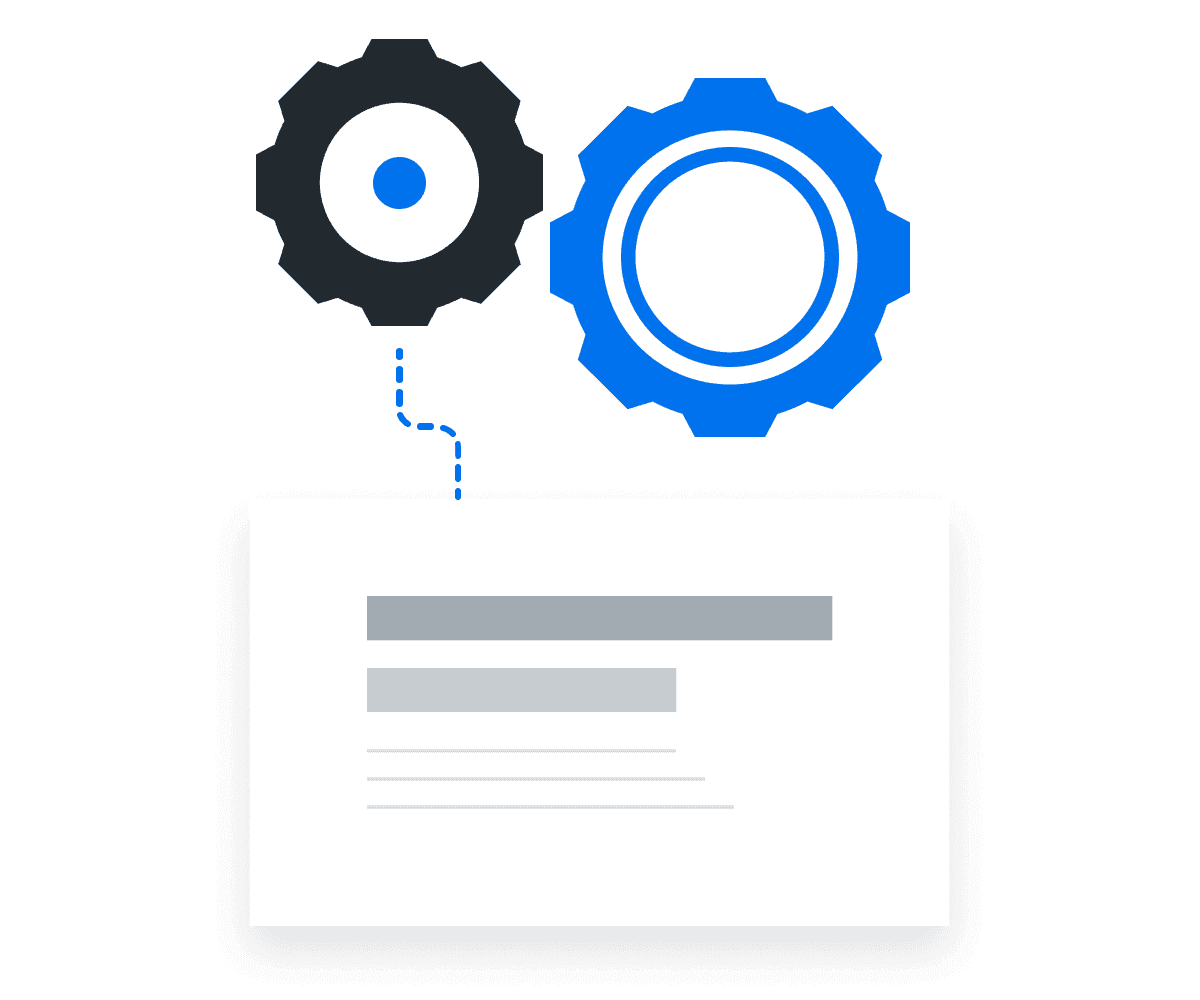
Find out what metric the client most wants to see and focus the reports around this. A lot of agencies produce the same report for each client. Simply asking them the main KPIs and creating a templated report which highlights this can improve client happiness.
How To Calculate Response Time
To measure Response Time, one must record the timestamp of a customer's initial inquiry and the moment the brand responds. The difference between these two timestamps provides the actual Response Time. This process should be consistent across various communication channels like email, social media, and customer service portals to ensure accuracy. Tracking these times across different platforms and consolidating them into a single metric allows for a comprehensive understanding of overall responsiveness.
Response Time Formula Example
What Is a Good Response Time?
A good average Response Time is typically within 24 hours. Many customers expect businesses to respond within a few hours during business hours.
In industries where immediacy is key, such as customer service or eCommerce, a Response Time under 1 hour significantly enhances customer experience and customer loyalty.
What Is a Bad Response Time?
A bad average Response Time is typically beyond 48 hours. Online platforms are a fast-paced environment, so delays lead to customer dissatisfaction and potential loss of business.
In industries where quick interaction is necessary, prolonged Response Times may damage a brand's reputation, suggesting a lack of concern for customer needs and queries. Avoid extended Response Times to maintain customer engagement and trust.
How To Set Response Time Benchmarks and Goals
In the absence of universal benchmarks, agencies should consider their specific audience and industry standards. By analyzing past performance and historical data, agencies identify optimal Response Times that have previously correlated with increased engagement or conversions, and an enhanced customer service experience for clients.
Additionally, back-calculating from revenue targets help guide agencies in establishing desired Response Times. For instance, if higher conversion rates are observed with quicker responses, agencies should adjust their benchmarks accordingly to align with revenue goals.
Why Response Time Matters to Clients
For clients, Response Time is a reflection of their brand's attentiveness and customer-centric approach. A fast response signals to customers that their concerns and queries are valued, enhancing customer satisfaction and loyalty. This is particularly vital in sectors where timely communication directly impacts sales and customer retention.
Clients view efficient Response Times as a key factor in building a positive brand image and fostering long-term customer relationships. It's a tangible measure of how their brand is perceived in the eyes of their customers and a critical component in maintaining a competitive edge.

Why Response Time Matters to Agencies
For agencies, Response Time is a vital indicator of operational efficiency and client service quality. It's a metric that directly correlates to their ability to manage and execute campaigns effectively. Agencies use Response Time to gauge the agility of their customer service teams in adapting to customer needs and market changes.
Efficient responses also reflect the agency's competency in managing workflows and resources. This metric is crucial for agencies to demonstrate their value to clients, showcasing their commitment to meeting and exceeding client expectations. An agency's ability to maintain optimal Response Times could potentially be a decisive factor in client retention and acquiring new business.

Win Back Billable Hours by Automating Your Client Reporting
Best Practices When Analyzing and Reporting on Response Time
A deep dive into Response Time helps identify areas for improvement, ensuring that communication strategies are aligned with customer expectations. Analyzing Response Time thoroughly aids in understanding customer behavior, leading to more efficient and impactful campaign strategies.
Ensure Data Accuracy
Ensure data from different platforms is integrated and cleansed for consistency. Regular audits help maintain data integrity, providing a true reflection of customer interactions.
Analyze Chronological Trends
Analyzing changes weekly, monthly, or seasonally will reveal insights into team performance and customer behavior, guiding strategy adjustments.
Compare Response Time Across Channels
Examine Response Times across different communication channels to reveal which platforms are most effective for customer engagement and where improvements are needed.
Put Response Time in Context
Put Response Time into context by considering factors like industry standards and customer expectations. This perspective is crucial for setting realistic goals and strategies.
Align Response Time to Client Goals
Ensure Response Time aligns with client objectives. Tailoring strategies to meet these goals reinforces the value of your strategic marketing efforts.
Include Actionable Recommendations
Provide clients with practical suggestions for improving Response Times. Recommendations should be specific, achievable, and aligned with their overall marketing objectives.
For us it’s not all about winning back billable hours, it’s the ability to keep our clients engaged with our work and to help explain the return on investment they get with our digital marketing campaigns. Currently our highest performing client is getting 17,000% monthly ROI with us. When you can report those kinds of numbers, it tells a compelling story.
CallTrackingMetrics Dashboard Example
How To Improve Response Time
Improving Response Time is key for increased customer satisfaction and streamlined communication. These tips offer actionable strategies to optimize Response Times, ensuring responses are timely.
Automate Responses
Reduce initial Response Times by implementing chatbots or automated email responses for common customer queries. This provides immediate acknowledgment to customers, improving their experience.
Train the Team
Invest in regular training for reputation management teams on efficient communication and time management. Educated and well-prepared staff handle customer inquiries more swiftly and effectively, directly impacting Response Times.
Streamline Processes
Review and streamline communication workflows. Simplify steps, remove unnecessary bottlenecks, and ensure team members have clear roles and responsibilities. This minimizes delays and accelerates the response process.
Related Blog Posts
See how 7,000+ marketing agencies help clients win
Free 14-day trial. No credit card required.


